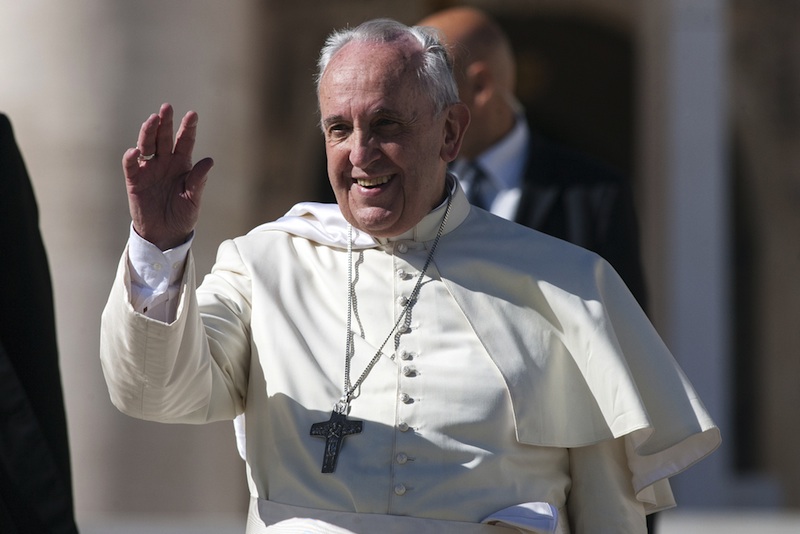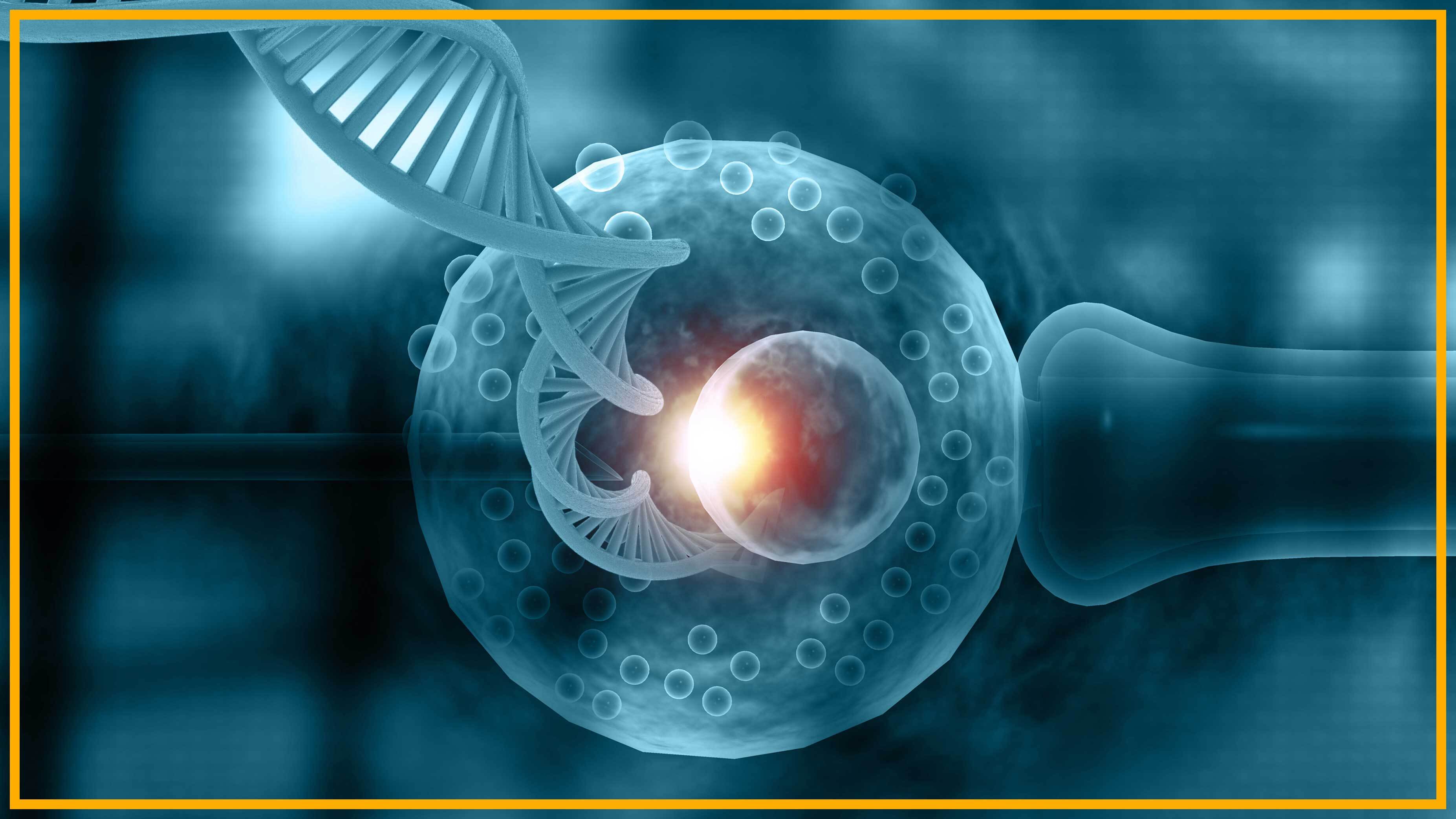
Get the world’s most fascinating discoveries delivered straight to your inbox.
You are now subscribed
Your newsletter sign-up was successful
Want to add more newsletters?

Delivered Daily
Daily Newsletter
Sign up for the latest discoveries, groundbreaking research and fascinating breakthroughs that impact you and the wider world direct to your inbox.

Once a week
Life's Little Mysteries
Feed your curiosity with an exclusive mystery every week, solved with science and delivered direct to your inbox before it's seen anywhere else.

Once a week
How It Works
Sign up to our free science & technology newsletter for your weekly fix of fascinating articles, quick quizzes, amazing images, and more

Delivered daily
Space.com Newsletter
Breaking space news, the latest updates on rocket launches, skywatching events and more!

Once a month
Watch This Space
Sign up to our monthly entertainment newsletter to keep up with all our coverage of the latest sci-fi and space movies, tv shows, games and books.

Once a week
Night Sky This Week
Discover this week's must-see night sky events, moon phases, and stunning astrophotos. Sign up for our skywatching newsletter and explore the universe with us!
Join the club
Get full access to premium articles, exclusive features and a growing list of member rewards.
When Pope Francis told a gathering of scientists this week that the Big Bang and evolution were real, he set off a firestorm of media coverage. But is it really surprising news that the Catholic Church supports such scientific theories?
"When we read about Creation in Genesis, we run the risk of imagining God was a magician, with a magic wand able to do everything. But that is not so," Francis said at a meeting of the Pontifical Academy of Sciences, according to Reuters. "He created human beings and let them develop according to the internal laws that he gave to each one so they would reach their fulfillment."
The pope added at one point: "Evolution in nature is not inconsistent with the notion of creation, because evolution requires the creation of beings that evolve."
Though the remarks have been framed as big news, they are anything but, said Kenneth Miller, a practicing Catholic, a cell biologist at Brown University and the author of "Only a Theory: Evolution and the Battle for America's Soul," (Penguin Books, 2009). Several popes, going back to the 1950s, have released statements in support of the theories, he said. [Papal Primer: History's 10 Most Intriguing Popes]
"The notion that there is a conflict between evolution and the church's idea of creation is an absurdity," Miller told Live Science.
The church and science
The dust-up between the Catholic Church and Galileo aside, the church has largely been supportive of scientific endeavors, Miller said.
Get the world’s most fascinating discoveries delivered straight to your inbox.
Many of the world's first scientists were inspired by the Christian view that God, who created order out of chaos, made a universe with rational and predictable natural laws, said Stacy Trasancos, a popular blogger on science and Catholicism and the author of "Science Was Born of Christianity" (Amazon Digital Services, 2013).
For instance, Roger Bacon was a Franciscan friar and early proponent of the scientific method, and Gregor Mendel, whose work with pea pods elucidated the genetics of inheritance, was a Catholic monk. Physicist Georges Lemaître, the man who first proposed cosmic expansion and what would become the Big Bang theory, was a Catholic priest, Trasancos said.
"We Catholics embrace the idea of natural laws to explain how nature works — science — precisely because we do not confuse the actions of those laws with the actions of God," said Brother Guy Consolmagno SJ, an astronomer and planetary scientist for the Vatican Observatory. "God is the reason why the universe, including time and space, exists and why it has laws. Science describes how those laws work."
Catholic views
The Catholic Church has never opposed the Big Bang theory, the notion that the universe was created with a boom more than 13 billion years ago. Nor has it truly resisted the idea that humans and all life forms evolved gradually over millennia from simpler creatures.
In fact, at a 1996 address to the Pontifical Academy of Sciences, Pope John Paul II strongly supported the notion of evolution.
"New knowledge has led to the recognition of the theory of evolution as more than a hypothesis. It is indeed remarkable that this theory has been progressively accepted by researchers, following a series of discoveries in various fields of knowledge. The convergence, neither sought nor fabricated, of the results of work that was conducted independently is, in itself, a significant argument in favor of the theory," the pope said.
The Catechism of the Catholic Church, which describes official church teaching, says that God gives each human an individual soul and that the soul does not evolve. It also speaks of Adam and Eve, and says humans fell from grace and brought original sin into the world through a primeval event at the beginning of human history, Trasancos told Live Science.
Genetic evidence doesn't support the notion of all humans descending from one man and one woman, but rather from a population of individuals, Miller said.
While that suggests Catholic doctrine would be at odds with evolution, the catechism avoids saying that all humans were descended from just two individuals, he added. [Creationism vs. Evolution: 6 Big Battles]
And unlike many evangelical Christian sects, Catholic doctrine doesn't hold that the events described in the book of Genesis must be interpreted literally, Consolmagno said.
That means it's possible to interpret the Biblical stories in a way that is consistent with evolution, Miller said.
"Scripture is written in many different genres. There are historical accounts, mythic stories, morality tales, poetry and more. At least from the perspective of the Catholic faith and mainline Protestantism, it's a mistake to try to read every line of scripture as if it were intended by its author to be understood as a literal account of historical events that actually happened," Consolmagno told Live Science. "That’s just not how many parts of scripture were meant to be read."
Follow Tia Ghose on Twitterand Google+. Follow Live Science @livescience, Facebook & Google+. Originally published on Live Science.

Tia is the editor-in-chief (premium) and was formerly managing editor and senior writer for Live Science. Her work has appeared in Scientific American, Wired.com, Science News and other outlets. She holds a master's degree in bioengineering from the University of Washington, a graduate certificate in science writing from UC Santa Cruz and a bachelor's degree in mechanical engineering from the University of Texas at Austin. Tia was part of a team at the Milwaukee Journal Sentinel that published the Empty Cradles series on preterm births, which won multiple awards, including the 2012 Casey Medal for Meritorious Journalism.
 Live Science Plus
Live Science Plus










